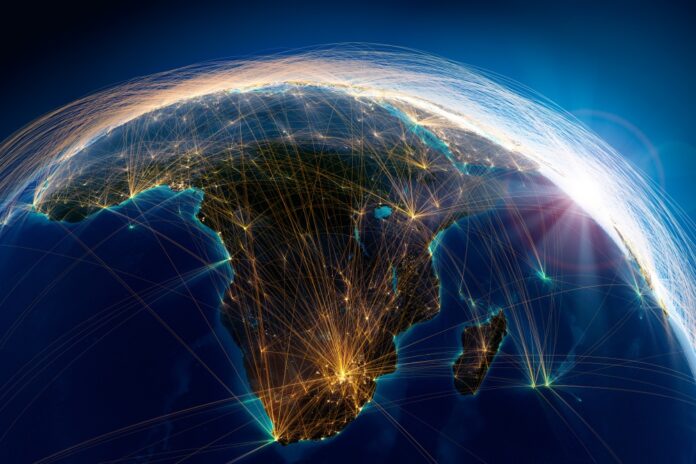The three-year initiative intends to identify connectivity gaps in 35 countries as the first step to ensuring connectivity for all schools.
This joint effort is part of the Giga initiative launched last year and led by UNICEF and the International Telecommunication Union (ITU).
It aims to connect every school to the internet and Ericsson is the first private sector partner to make a multimillion-dollar commitment to the initiative in the role of Global UNICEF Partner for School Connectivity Mapping.
360 million children
According to the ITU, 360 million young people do not have access to the internet, depriving them of learning resources and resulting in limited life opportunities for the most vulnerable children.
Connectivity, it is hoped, will increase their access to information, opportunity, and choice.
“The deepening digital divide is one of the many inequalities that the COVID-19 pandemic has underscored,” said Charlotte Petri Gornitzka, Deputy Executive Director, Partnerships, UNICEF.
“School closures, coupled with limited or non-existent opportunities for remote learning, have upended children’s education worldwide. Our partnership with Ericsson will bring us closer to giving every child and young person access to digital learning opportunities.”
Committing resources
In addition to funding, Ericsson will commit resources for data engineering and data science capacity to accelerate school connectivity mapping. Specifically, Ericsson will assist with the collection, validation, analysis, monitoring and visual representation of real-time school connectivity data.
The data generated through the mapping will enable governments and the private sector to design and deploy digital solutions that enable learning for children and young people. Ericsson will also engage its extensive customer base to further advance the goals of the Giga initiative.



